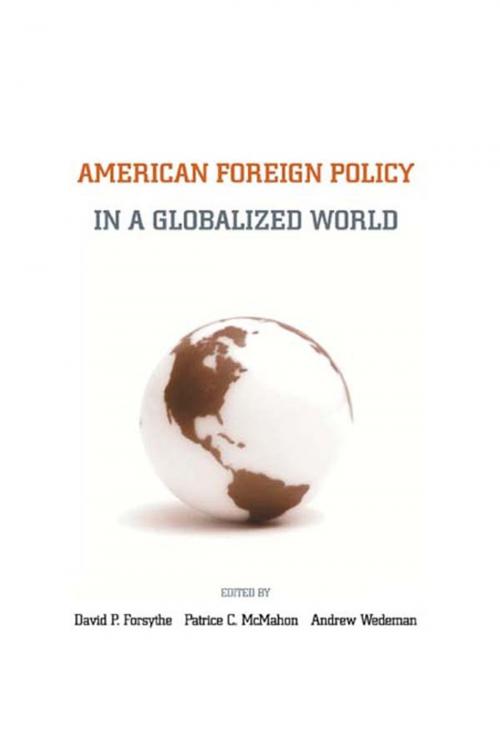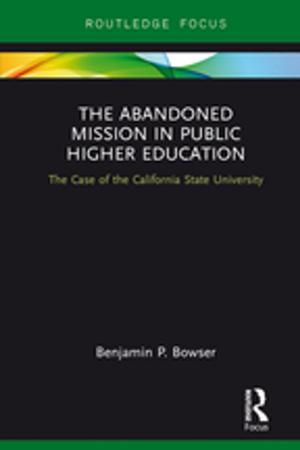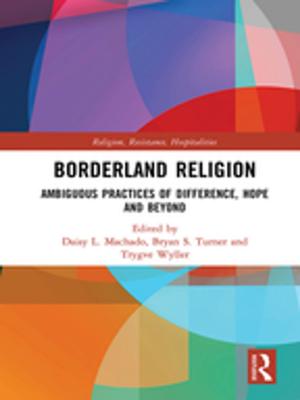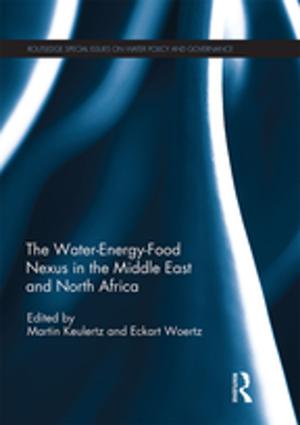American Foreign Policy in a Globalized World
Nonfiction, Social & Cultural Studies, Political Science, Government, Public Policy, International, International Relations| Author: | ISBN: | 9781135447632 | |
| Publisher: | Taylor and Francis | Publication: | May 13, 2013 |
| Imprint: | Routledge | Language: | English |
| Author: | |
| ISBN: | 9781135447632 |
| Publisher: | Taylor and Francis |
| Publication: | May 13, 2013 |
| Imprint: | Routledge |
| Language: | English |
In this volume, several leading foreign policy and international relations experts consider the long term prospects and implications of US foreign policy as it has been shaped and practiced during the presidency of George W. Bush.
The essays in this collection - based on the research of well-respected scholars such as Ole Holsti, Loch Johnson, John Ruggie, Jack Donnelly, Robert Leiber, Karen Mingst, and Edward Luck - offer a clear assessment: while US resources are substantial, Washington's ability to shape outcomes in the world is challenged by its expansive foreign policy goals, its exceptionalist approach to international relations, serious questions about the limits of its hard power resources as well as fundamental changes in the global system. Illustrating one of the central ironies of the contemporary situation in foreign affairs and international relations: that at the very time of the ‘unipolar moment,’ the world has become globalized to such an extent that the unilateralism of the Bush Administration leads as much to resistance as it does to coercion, compliance, and cooperation.
American Foreign Policy in a Globalized World will be of interest to students and scholars of politics and international relations.
In this volume, several leading foreign policy and international relations experts consider the long term prospects and implications of US foreign policy as it has been shaped and practiced during the presidency of George W. Bush.
The essays in this collection - based on the research of well-respected scholars such as Ole Holsti, Loch Johnson, John Ruggie, Jack Donnelly, Robert Leiber, Karen Mingst, and Edward Luck - offer a clear assessment: while US resources are substantial, Washington's ability to shape outcomes in the world is challenged by its expansive foreign policy goals, its exceptionalist approach to international relations, serious questions about the limits of its hard power resources as well as fundamental changes in the global system. Illustrating one of the central ironies of the contemporary situation in foreign affairs and international relations: that at the very time of the ‘unipolar moment,’ the world has become globalized to such an extent that the unilateralism of the Bush Administration leads as much to resistance as it does to coercion, compliance, and cooperation.
American Foreign Policy in a Globalized World will be of interest to students and scholars of politics and international relations.















